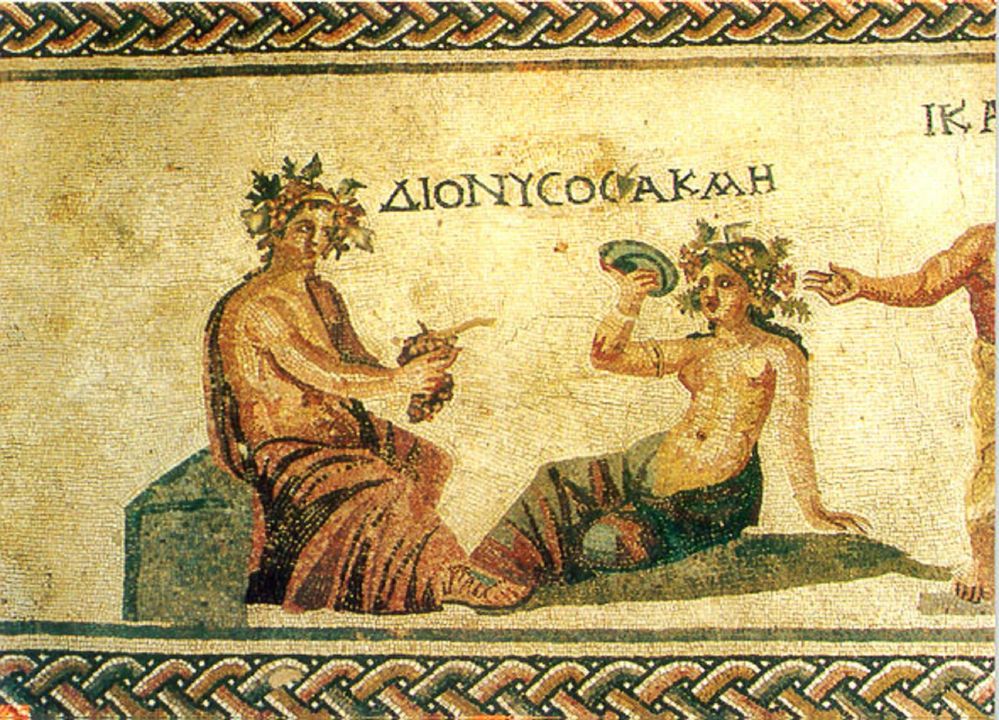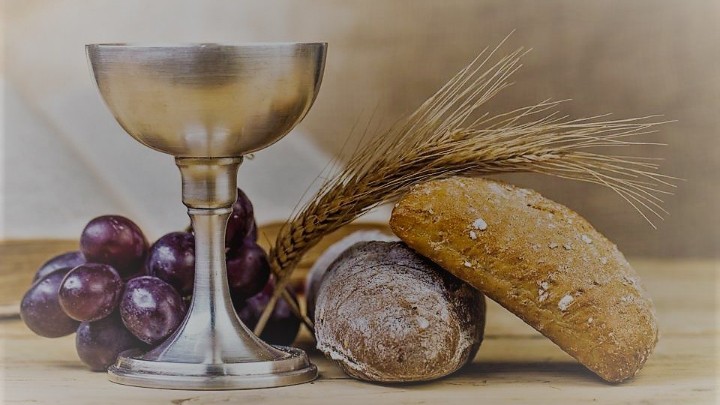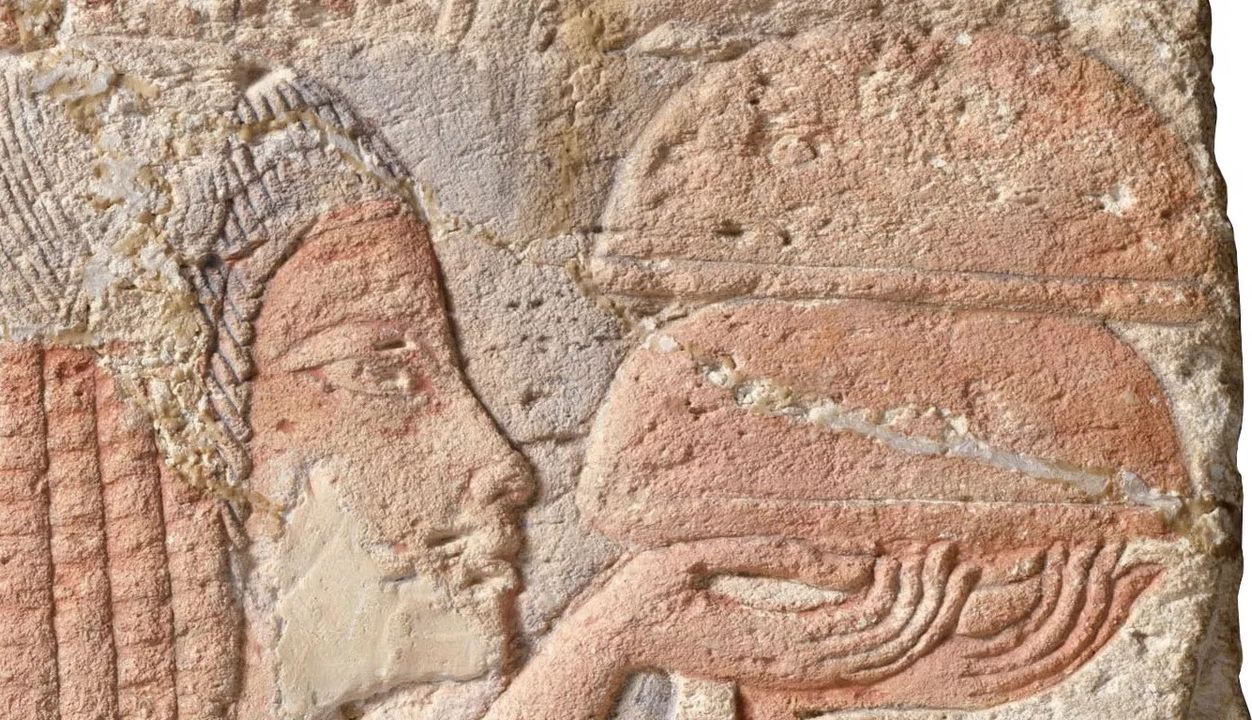Bread and Wine or the Beginning of Civilization.
Throughout the existence of the human species, from early humans to the development of the first cities, the food that was used was either in its natural form or minimally processed, primarily meat, through the use of fire.
The first agricultural societies, although deeply rooted in the natural rhythms of the seasons, shaped the "social human." One of the most important and characteristic developments of this "civilized" human is the creation of an artificial and decorated food that did not exist in nature and served precisely to demonstrate the difference between nature and culture, in order to distinguish the identity of animals from that of humans.
In the Mediterranean region - the wheat belt - it is bread that reveals this symbolic and nutritional function: bread does not exist in nature and only humans know how to make it, having developed an advanced technology that involves a series of complex processes.
Bread is the fruit of long experiments and contemplation (from the cultivation of wheat to the preparation of the final product).
Therefore, bread symbolizes human beings' exit from the animal kingdom and the creation of "culture." In the Iliad and the Odyssey, "bread-eaters" are synonymous with "humans," while the gods neither eat bread nor drink wine because ichor flows in their veins. "Ichor, which flows through the blessed gods' veins is unlike mortal sustenance: they do not eat bread, nor do they drink gleaming wine." (Iliad 5, 340-341). We see, therefore, that what sets humans apart from the gods is bread and wine.
Similarly, in the epic of Gilgamesh, the first known literary text written in Mesopotamia 4,000 years ago, there is a reference to a "wild man" who stopped being a child the moment he learned about the existence of bread, something that was revealed to him by a woman who was actually a prostitute (thus giving the female figure both the role of protector of knowledge about food and that of protector of sexuality). Furthermore, all this "literary" material seems to correspond to historical reality. Indeed, scholars agree that there was a female priority in the work of observing and selecting plants, which led to the birth of agriculture around the first settlements of the village.
The symbolic role of bread, the first artificial food, and wine, the first artificial drink, represents the development of knowledge and a complex technology. In other words, it represents the period when humans learned to dominate natural processes, adapting them to their advantage.
Thus, bread and wine symbolize the development of civilization, and their use in social meals or in religious rituals shows that the participants are cultured and committed to acting as civilized human beings.
It may not be a coincidence, finally, that "Bethlehem" בֵּית לֶחֶם Bet Leḥem in the language of the time, meant "house of bread"!

